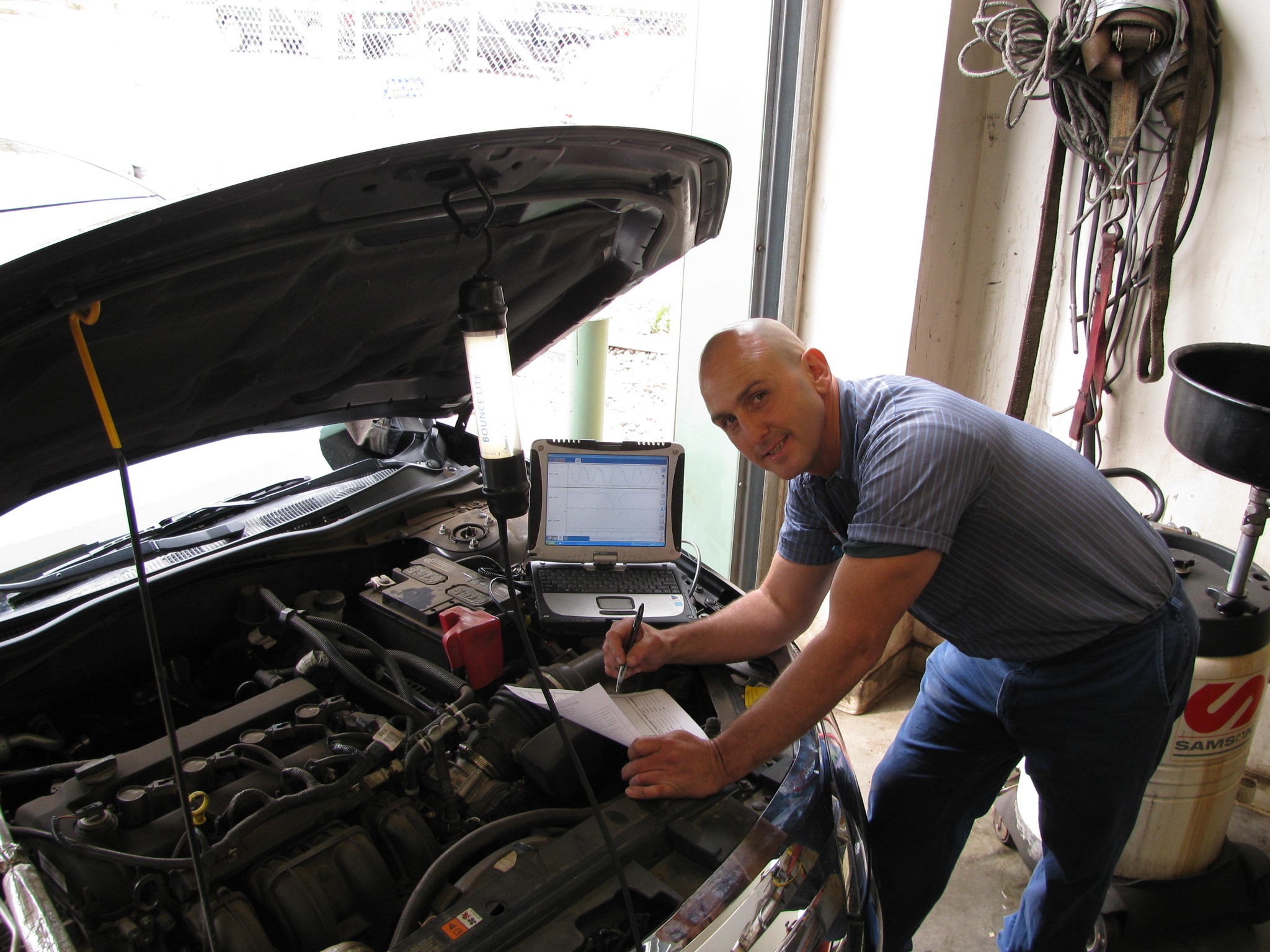
To be a good auto owner, it's important to always learn more about your vehicle and what's under the hood. The Mass Air Flow sensor (MAF) is a small but mighty part of the makeup of your vehicle. Taking care of it can keep you and your auto from having a bumpy ride. Read on to understand more about your mass airflow sensor.
The Mass Air Flow (MAF) sensor is an electronic device used to measure the mass flow of air in order to determine how much fuel should be used.
Aside from adding to your general auto knowledge, knowing more about your MAF (mass airflow sensor) can help you when faced with the common question: “Why is my engine light flashing?” These sensors play an important role in ensuring that your vehicle gets the correct fuel/air ratio for proper combustion. A faulty mass airflow meter sensor could cause an issue with your car’s computer system, leading to bigger problems down the road.
Furthermore, the PCM uses airflow readings to determine when to shift gears automatically. If the air flow sensors don't function correctly, the automatic transmissions may behave differently too.
It's important to know that there's a delicate interplay between intake air and the MAF's heated wire or other elements.
As soon as you push down on the accelerator pedal, the throttle opens up so that more air flows over the heated wires. As the air passes by, it cools the wire down. As more air blows across the wires, more electricity must be used to maintain their temperature. As the volume of air flowing through an appliance increases, so too does its electrical output.
An electronic circuit converts an electrical signal from the airflow meter into a digital one and then sends it to the PCM. The PCM calculates how much fuel to inject by using an airflow sensor. The goal is to maintain an appropriate air/fuel mixture for optimum performance.
When it comes to mass air flow sensor failure, there is one main culprit: dirt. Or rather, contamination. Over time, dust and other particles enter the sensors, causing them to malfunction. Such things can cause the MAF to fail and require replacement. Many drivers notice slow vehicle response times, rough idle speeds, or stalls when they drive their vehicles. You might also experience a greater frequency of needing to refill your gas tank.
Most cars' MAF (mass air flow) sensors usually fail at some point. Failures occur most frequently at distances from 100,000 to 125,000 miles. If the sensor gets dirty or if the engine intake is cleaned out, then the sensor may stop working properly. Finally, a collision can affect the physical or electrical structure of the MAF sensor, so be aware of that after any sort of accident.
Your car can give you clues about when your Mass Airflow Sensor needs adjustment or replacement. While these symptoms won't always mean that your MAF is faulty, it's helpful to keep them in mind.
A faulty MAF sensor is not always the culprit behind these issues. Things like a clogged air filter, restricted exhaust, or a vacuum leak, among other things can also give you similar trouble.
Cut out the guessing and get your vehicle diagnosed with one of our trusted mechanics. Call MasterTech Auto today!